
A collection of historical and theoretical texts on disruption
All
History
Theory
All
Pre-Modern
1700-1830s
1840-1945
1946-1989
1990-2010
2011-Present
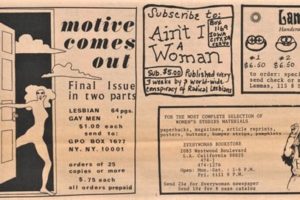
The Furies- Lesbian/Feminist Monthly (1972)
In this first volume of the monthly publication by the Furies, the group introduces themselves and and their ideology, which is based on reforming the avenues taken by women in their liberation so that do not fall prey t…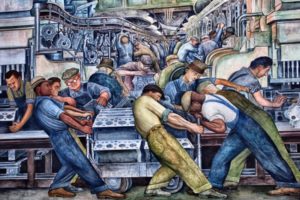
Work: Democratize, Decommodify, Remediate – 2020
Ferreras, Méda, and Battilana, Covid-19 inspired Manifesto subsequently published in 43 Newspapers in 36 countries, calling for a revival of the workers councils, the decommodification of labor, and the disruption of en…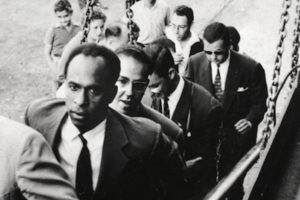
The Wretched of the Earth – Conclusion (1961)
Frantz Fanon – who was born in the French colony Martinique – extensively wrote about decolonization. According to Fanon, decolonization is always a violent process. The violence involved in decolonization for Fanon is a…
Sidi M. Omar on the Preservation of Colonialism
Oma insists that thinkers revisit their own ideas on questions of sovereignty, legality, and justice in a world where colonialism has not ended, merely evolved. He challenges the common notion that “colonization is in t…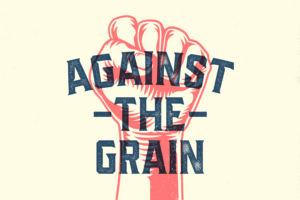
Against the Grain: A Deep History of the Earliest States (excerpt) by James C. Scott (2017)
In these excerpts, Scott tries to undermine the “standard civilization narrative” by suggesting that the early states were the result of domestication at different levels, which was also a way to control reproduction of…
Riot, Strike, Commune: Gendering a Civil War – Joshua Clover (2020)
This piece extends the framework of the author’s Riot.Strike.Riot, adding the “reproduction struggle” to the pairing of circulation and production struggles. A paradigm of the reproduction struggle can be found i…
On the Genealogy of Morals-First Essay
Today, we call compassion, empathy, and selflessness “good”, but where did these notions come from? Nietzsche describes the reality of these definitions of good as being rooted in the historical context of powerless or l…
Temporary Autonomous Zone – Hakim Bey (1985)
Anarchist text by Hakim Bey about creating temporary spaces that elude formal structures of control. From Pirate Utopias to Nomadic Bands, Poetic Terrorism to Ontological Anarchy, Hakim Bey draws on history and philosoph…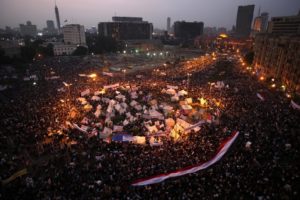
Don’t Move, Occupy! (2013)
Mehmet Döşemeci analyzes global uprisings of 2011 and the occupation of public space in order to outline a theory of social arrest.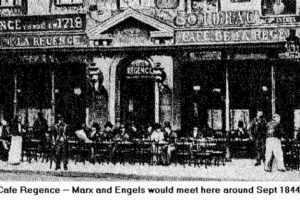
Economic and Philosophic Manuscripts of 1844 by Karl Marx
These manuscripts were complied posthumously after Marx’s death in 1932. They analyze a variety of topics, including (in this excerpt) estranged labor, private property, communism, and the power of money in a bourgeoise…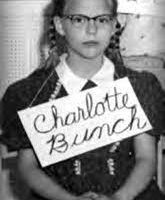
Lesbians in Revolt (1972)
In 1972, author Charlotte Bunch articulated lesbianism was a political choice that fundamentally threatened male supremacy by challenging the idea that men were crucial to the existence of women. In her essay “Lesbians i…
Throwing Like A Girl by Iris Marion Young (1980)
This feminist essay by Iris Marion Young draws on works from Simone de Beauvoir and Maurice Merleau-Ponty to look at differences in feminine and masculine movement and how that movement is embodied and how it affects the…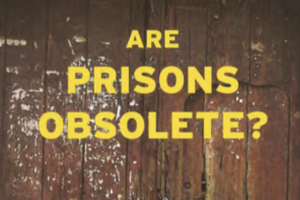
Are Prisons Obsolete? Angela Davis (2003)
In 2003, Angela Davis published “Are Prisons Obsolete?”. Barely over 100 pages, the book is broken into six chapters, arguing for the abolition of prisons. The first chapter outlines the differences between prison reform…
Philosophical Trends in the Feminist Movement (2006)
Anuradha Ghandy was a founding member of the Indian Communist Party, and strongly contributed to and drafted policy regarding the caste system in India, and the intersection between feminism and Marxism. As a salient par…
The Approaching Obsolescence of Housework: A Working-Class Perspective (1981)
In 1981, Angela Davis Published “Women, Race, and Class”. The book analyzes the women’s liberation movement through the lens and intersection of racism and classism. Chapter 13, “The Approaching Obsolescence of Housework…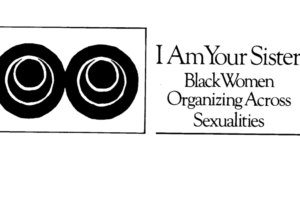
I Am Your Sister: Black Women Organizing Across Sexualities (1985)
In 1985, feminist, civil rights activist, and librarian Audre Lorde published “I Am Your Sister: Black Women Organizing Across Sexualities”. The essay was centered around organizing black women in the fight against patri…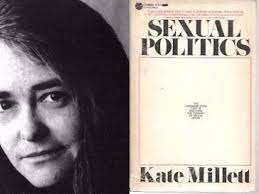
The Theory of Sexual Politics (1969)
Kate Millett’s Sexual Politics discusses the ways in which the patriarchy infiltrates everyday experiences of women, including sexual relations. This chapter – chapter two – is titled the Theory of Sexual Politics. It di…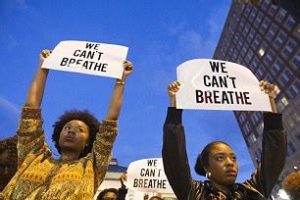
Concerning Violence by Frantz Fanon (1961)
This PDF is an excerpt from The Wretched of the Earth, a 1961 book by the psychiatrist Frantz Fanon, a revolutionary theorist of colonialism and race. This book discusses the dehumanizaing effect of colonialism and the i…
A Critical Phenomonology of Solitary Confinement by Lisa Guenther (2013)
In this introduction to her book Solitary Confinement: Social Death and Its Afterlives, Guenther defines soiltary confinement as a kind of social death, looking at the experience of prisoners in the early nineteenth cent…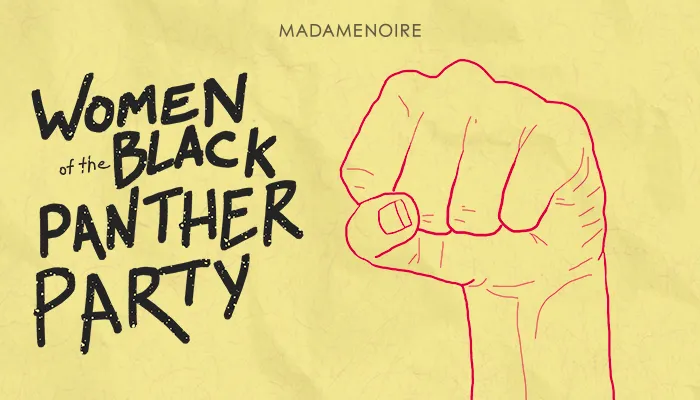
Panther Sisters (Black Panther Party, 1969)
This is part of an interview where a group of women in the Black Panther Party discuss how the struggle for women’s rights intersected with their experiences in the Party. Many of them recall how they were expected to fi…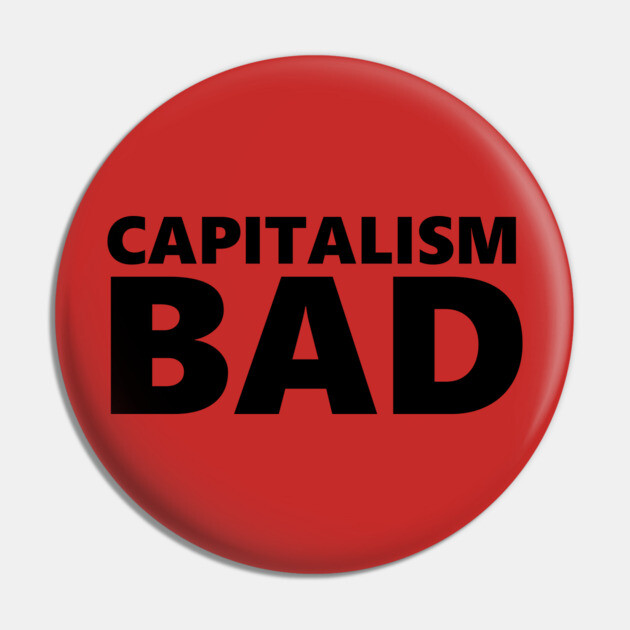
Capitalism Shakes the World

The Construction of Lay Expertise (1995)

Human Rights and Refugee Protest against Immigration Detention: Refugees’ Struggle for Recognition as Human by Lucy Fiske (2016)
The fact of protest was a rejection of a powerless state, a way for detained refugees to experience their own agency and, with it, restoration of some of the “essential characteristics of human life” and a means to use t…
The Coming Insurrection – The Invisible Committee (2009)
Now classic text by French collective – The Invisible Committee describing the present impasse through seven circles of hell and the way out through the insurrectionary commune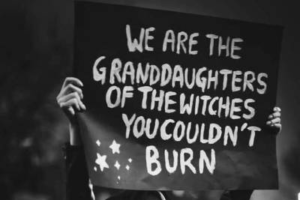
Radical Feminism as Social Arrest: A Kinetic Analysis – Audrey Love (2016)
Thesis examining U.S. radical feminism as the arrest of patriarchal order, gaze, and time
Colonial War and Mental Disorders by Frantz Fanon (1961)
This PDF is an excerpt from The Wretched of the Earth, a 1961 book by the psychiatrist Frantz Fanon, a revolutionary theorist of colonialism and race.
The Woman Identified Woman
The Radicalesbians identified lesbianism as the result of a woman acting on natural impulses to deviate from society and instead pursue a more liberated form of existence. Lesbianism is the product of rage. Most importan…
Resistance After Galeano’s Murder in the Zapatista Movement
Raheel Hayat’s essay shows that the Zapatista movement emerged stronger after Galeano’s murder by rejecting violence and leader-centered power, instead disrupting state and capitalist efforts to suppress them through…
The Pitfalls of National Consciousness by Frantz Fanon (1961)
This PDF is an excerpt from The Wretched of the Earth, a 1961 book by the psychiatrist Frantz Fanon, a revolutionary theorist of colonialism and race. This book discusses the dehumanizaing effect of colonialism and the i…
Civil Modalities of Refugee Trauma, death and necrological transport by Joseph Pugliese (2009)
“In this essay, I focus on seemingly benign and innocuous civil sites, spaces and technologies — such as hotel rooms, demountables and shipping containers — and proceed to argue that, once these civil sites and techolo…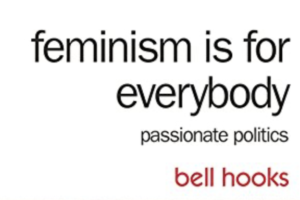
bell hooks – Feminism is for Everybody (2000)
bell hooks is a feminist, professor, and activist. In 2000, she published “Feminism is for Everybody”. Key to her politics and feminist philosophy is that the overarching “enemy”/structure to dismantle is the “white supr…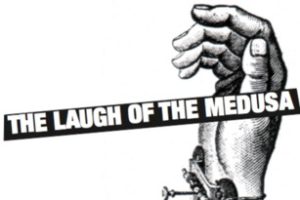
The Laugh of the Medusa (1975)
In her 1975 feminist critique, French author Helen Cixous offers women an ultimatum which demands that they either interpret and utilize the bodily expressions that society has accepted for them and remain trapped in the…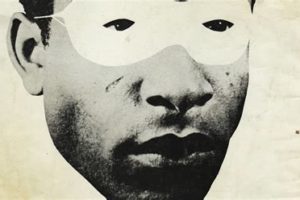
Introduction to Black Skin, White Masks by Frantz Fanon (1952)
Black Skin, White Masks is an autoethnography, written by Frantz Fanon in 1952. Fanon shares his own experience while relating these experiences to a historical critique of racism and colonization.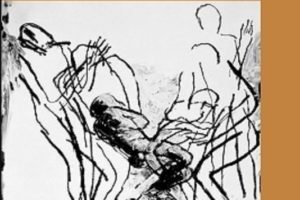
Scenes of Subjection: Terror, Slavery, and Self-Making in Nineteenth-Century America (excerpt) by Saidiya Hartman (1997)
This excerpt explains Hartman’s thesis on the omnipresence of terror experience by enslaved people.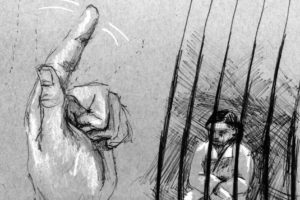
Discipline and Punish by Michel Foucault (1975)
Traditionally, power was what was seen, what was shown, and what was manifested…Disciplinary power, on the other hand, is exercised through its invisibility; at the same time it imposes on those whom it subjects a prin…
Introduction to “Riot. Strike. Riot: The New Era of Uprisings” – Joshua Clover (2016)
This Introduction summarizes the book in full, offering a comprehensive theorization of changes in the repertoire of social contest in the early-industrializing west since the medieval period. It situates the core catego…
The Kinetics of Our Discontent – Mehmet Dosemeci (2020)
Why do we think of social struggles as movements? Has struggle been thought/practiced otherwise? Not as movement but as disruption, arrest, stasis? If so, what are struggles trying to stop?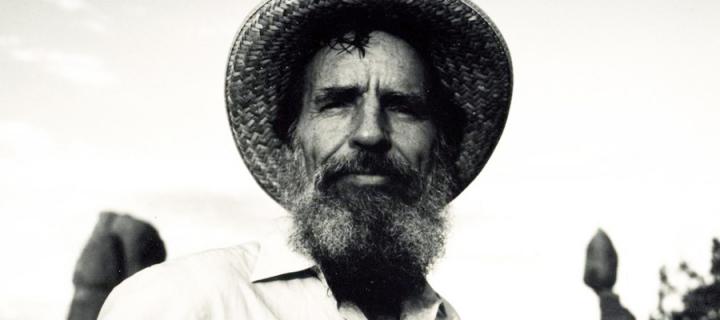
Theory of Anarchy – Edward Abbey (1988)
This piece is an excerpt from the book, One Life at a Time, Please, written in 1988 by Edward Abbey, an American author and essayist. In this excerpt, Abbey writes on the various ways in which power corrupts and is exerc…
Preface to The Wretched of the Earth by Franz Fanon (1961)
This book discusses the dehumanizaing effect of colonialism and the implications of a social movement for decolonization, especially focusing on the role of violence.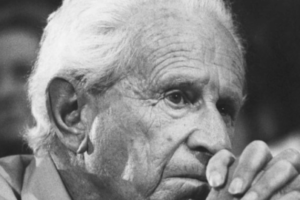
Essay on Liberation by Herbert Marcuse (1969)
In 1969, German-American philosopher Herbert Marcuse wrote “The Essay on Liberation”, an essay in which he expressed his support for liberation movements such as that in Vietnam. Marcuse drew inspiration from Marxism and…
The So-Called Dependency Complex of Colonized Peoples by Frantz Fanon (1952)
This excerpt is from Black Skin, White Masks, an autoethnography written by Frantz Fanon in 1952. Fanon shares his own experience while relating these experiences to a historical critique of racism and colonization.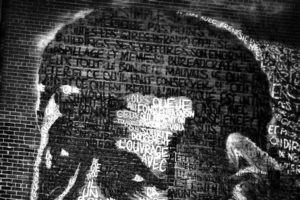
Spontaneity: Its Strength and Weakness by Frantz Fanon (1961)
This PDF is an excerpt from The Wretched of the Earth, a 1961 book by the psychiatrist Frantz Fanon, a revolutionary theorist of colonialism and race. This book discusses the dehumanizaing effect of colonialism and the i…
The Fact of Blackness (1952)
Frantz Fanon was a French West Indian political philosopher whose work focused on post-colonial studies, decolonization, critical theory, and Marxism. In this work, Fanon works to theorize the way that different identity…
The Genealogy of Morals by Friedrich Nietzsche (1887)
This book by Nietzsche consists of a preface and three treatises that trace the evolution of morality, specifically with a view towards Christianity and Judiasm.
Self-Management and Hierarchy +1 – Cornelius Castoriadis (1974-6)
Two short articles that argue for the disruption of workplace hierarchy through worker self-management turning to the often overlooked 1956 Hungarian Uprising as example.
Heartbreak: The Political Memoir of a Feminist Militant (2002)
“Heartbreak: The Political Memoir of a Feminist Militant” is the autobiography of radical feminist Andrea Dworkin. Though Dworkin also wrote short stories and novels, she was best known for her non-fiction feminist writi…
The Negro and Language – Frantz Fanon (1952)
In this chapter of one of his most important works, Frantz Fanon establishes the way that identity is manifested through language, and the way that language is perceived by others in a way that enables them to push ident…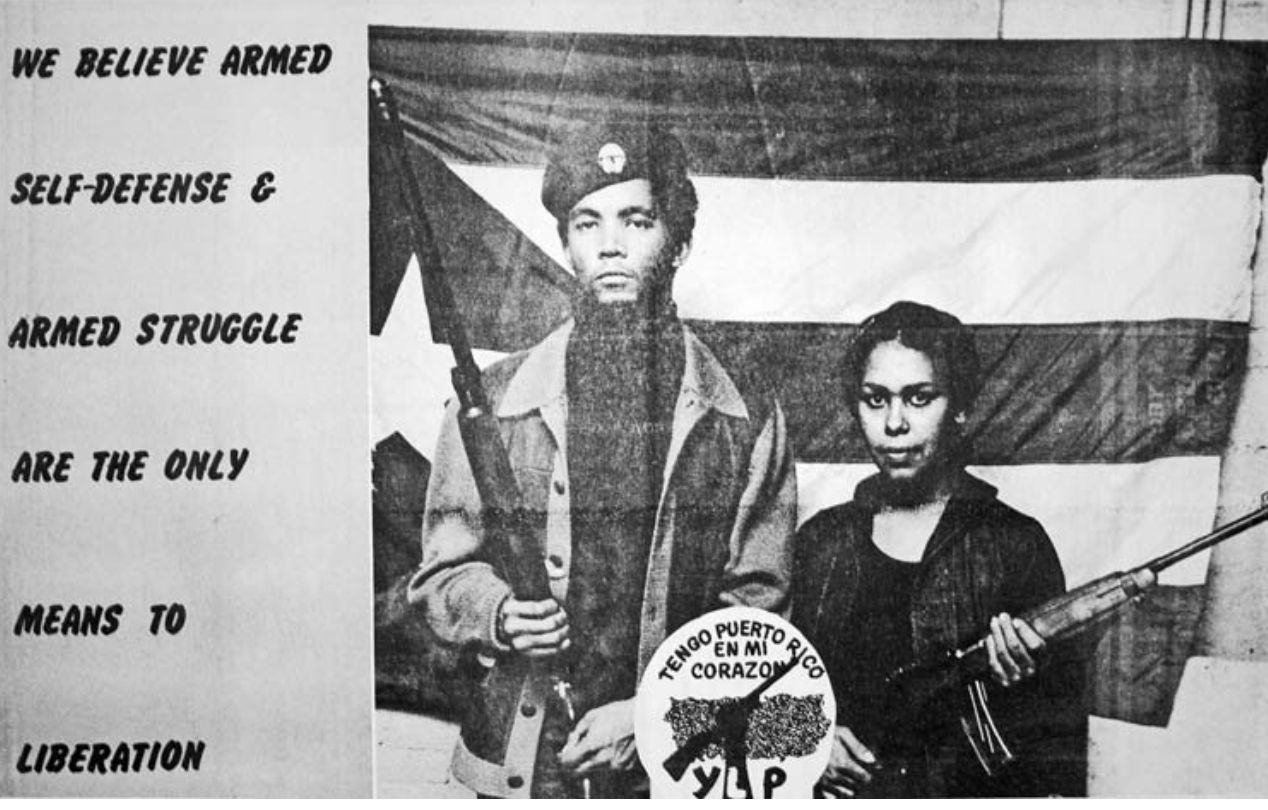
The Young Lord’s Trip to Puerto Rico
In December of 1970, Gloria Gonzales and Denise Oliver took a ten day trip to Puerto Rico. Their experiences, written in a newspaper article, underline the destructive impacts that western colonialism, specially from Ame…
Corpse Polemics: The Third World and the Politics of Gore in 1960s West Germany by Quin Slobodian (2011)
This essay analyzes how graphic violence was used in service of subversive movements as a call to action.
Choke Points: Mapping an Anticapitalist Counter-Logistics – Degenerate Communism (2014)
Essay arguing for the material and theoretical logic behind the disruption of the circulation of capital. A mapping of the logistical infrastructure of California with assessment of its major choke points
The Pedagogy of the Oppressed (1968)
This 1968 book by Brazilian author Paulo Friere is considered one of the pillars of the critical pedagogy movement, which aimed to apply critical theory to the study of culture. The methodology in the text aims to empowe…
Disruption – Ben Harper (2018)
Ben Harper weaves together Weil, Agamben, and Badiou’s thought to discuss disruption in the Age of Trump. Interesting take on use of disruption by the right and its capture by the status quo.
The Catastrophe of Liberation by Herbert Marcuse (1964)
an excerpt from Marcuse’s 1964 book, One-Dimensional Man: Studies in the Ideology of Advanced Industrial Society. Marcuse critiques both capitalism and Soviet communism for social repression. This chapter is dedicated to…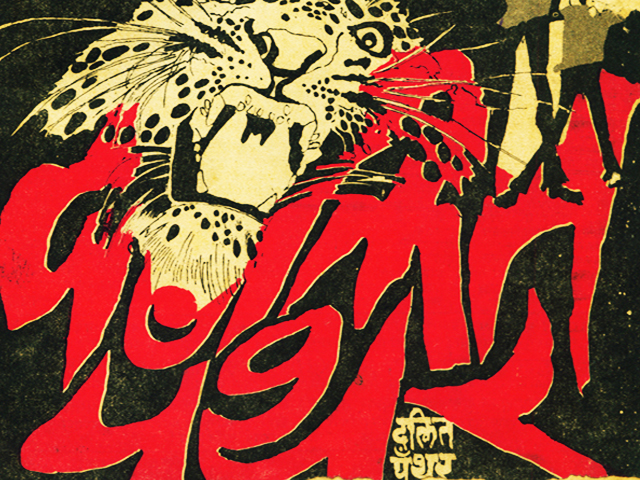
Dalit Panthers Manifesto (1973)
As the quote below indicates, the Dalit Panthers were a group shaped after some of the ideologies of the Black Panthers. Dalits are know as untouchables and they are at the very bottom of the caste system. They were resi…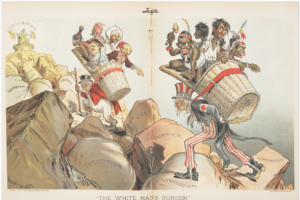
The White Man’s Burden: Historical Origins of Racism in the United States by Winthrop D. Jordan (1974)
Professor Jordan uses anecdotes from a multidue of sources to answer the question of: what were the attitude of white men toward black people during the first two centuries of European and African settlement in what beca…
The Communist Manifesto by Karl Marx and Friedrich Engels (1848)
One of the most influential documents of all time, the Communist Manifesto is an 1848 pamphlet that was written to explain class struggle and capitalism, and to summarize Marx and Engels’ theories on society and politics…